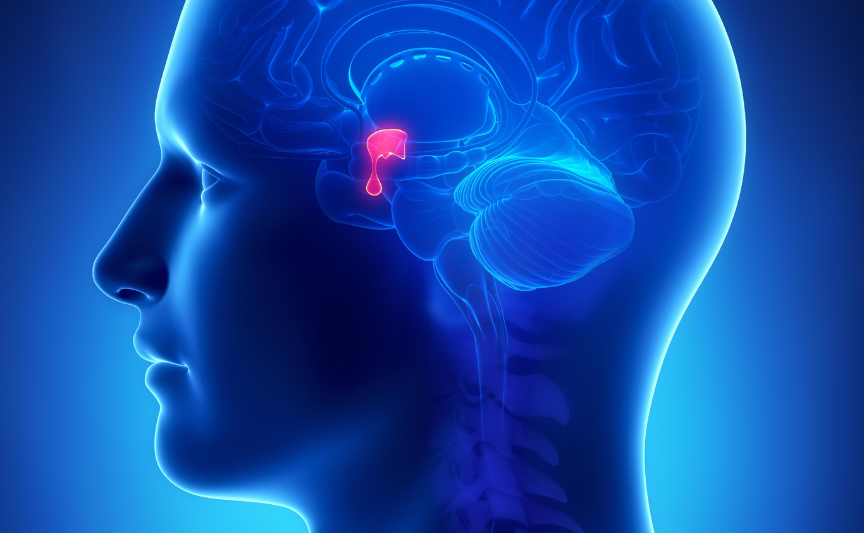

Pituitary Disorders including Tumors
Pituitary Disorders including Tumors:
Pituitary disorders encompass a range of conditions affecting the pituitary gland, a small gland located at the base of the brain that produces and regulates hormones essential for various bodily functions.
Type of Pituitary Disorders:
- Pituitary tumors: These can be benign (non-cancerous) or malignant (cancerous) growths arising from the pituitary gland or surrounding tissues, leading to hormone overproduction or underproduction and mass effects on adjacent structures.
- Hormone deficiencies: These can result from pituitary tumors, surgery, radiation therapy, or other causes, leading to hypopituitarism and hormonal deficiencies affecting growth, reproduction, metabolism, and stress response.
Effects:
- Pituitary disorders can disrupt hormone production, leading to a wide range of symptoms depending on the affected hormones, including growth hormone deficiency, gonadotropin deficiency, adrenocorticotropic hormone (ACTH) deficiency, thyroid-stimulating hormone (TSH) deficiency, and prolactinomas.
- Pituitary tumors can cause mass effects on surrounding structures, leading to headaches, visual disturbances, hormonal imbalances, and neurological deficits.
Precautions:
- Comprehensive evaluation of pituitary function through hormonal testing, imaging studies (MRI or CT scans), and visual field testing to assess for pituitary adenomas and associated complications.
- Treatment tailored to the specific disorder, including surgical resection of pituitary tumors, medical therapy to control hormone secretion, and hormone replacement therapy for hormone deficiencies.
- Multidisciplinary care involving endocrinologists, neurosurgeons, ophthalmologists, radiation oncologists, and other specialists to address the complex needs of individuals with pituitary disorders.
Benefits:
- Proper management of pituitary disorders can alleviate symptoms, restore hormonal balance, and improve the overall quality of life for affected individuals.
- Surgical resection of pituitary tumors can relieve mass effects, improve visual function, and prevent further neurological complications.
- Hormone replacement therapy can restore normal pituitary function, prevent hormonal deficiencies, and optimize metabolic health, reproductive function, and quality of life.
